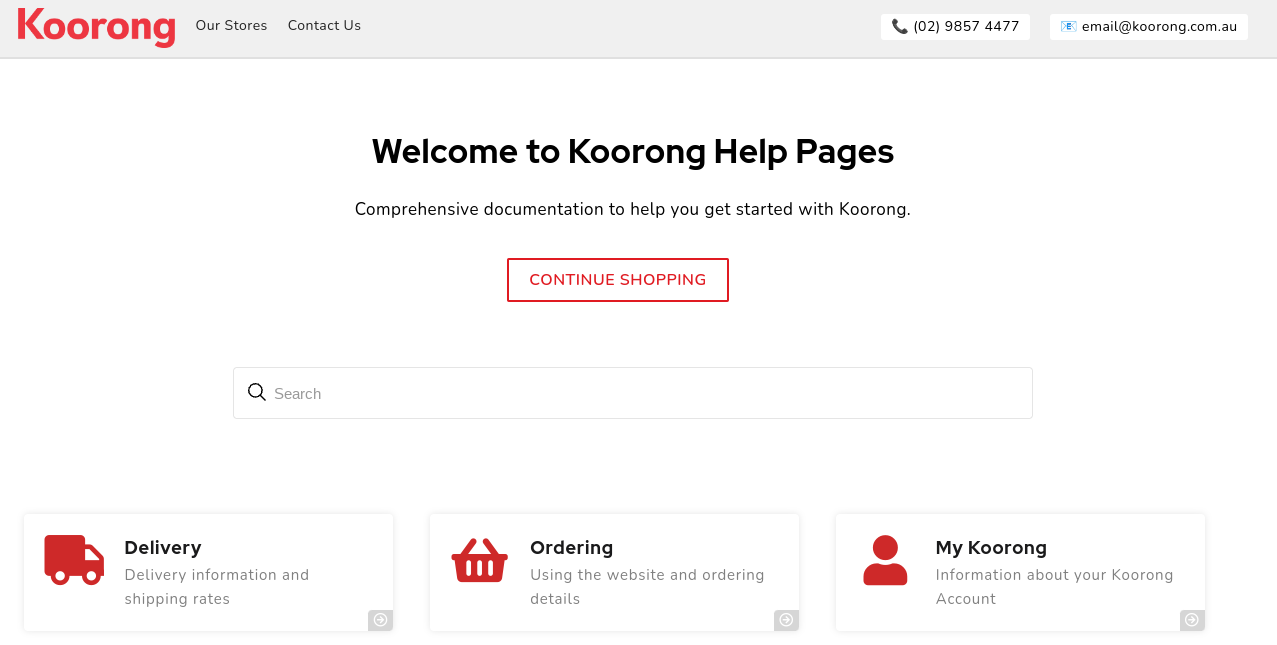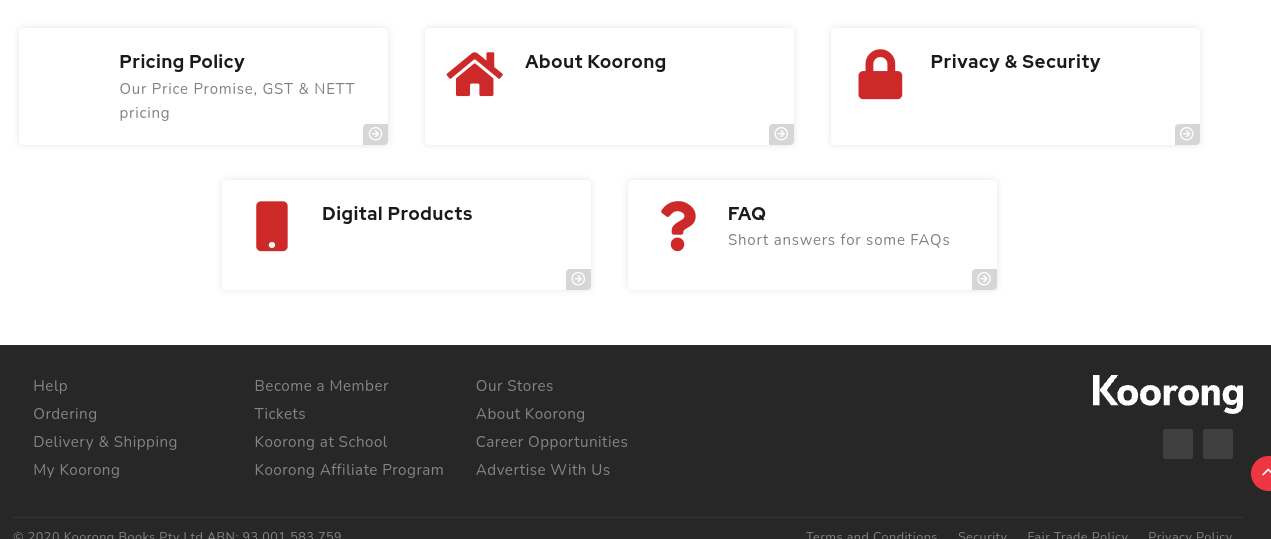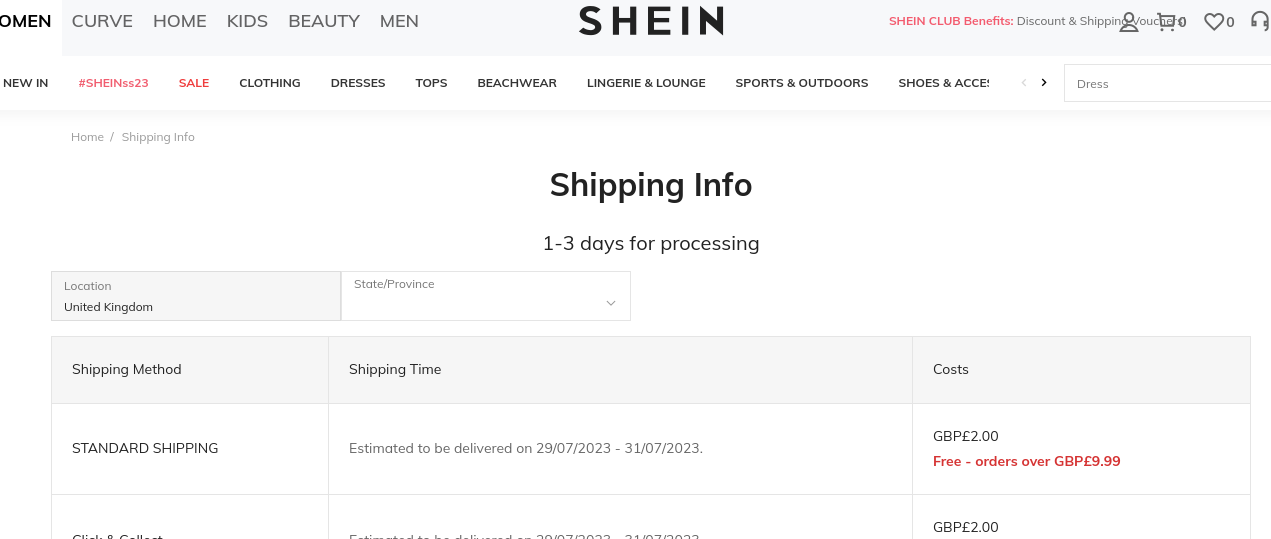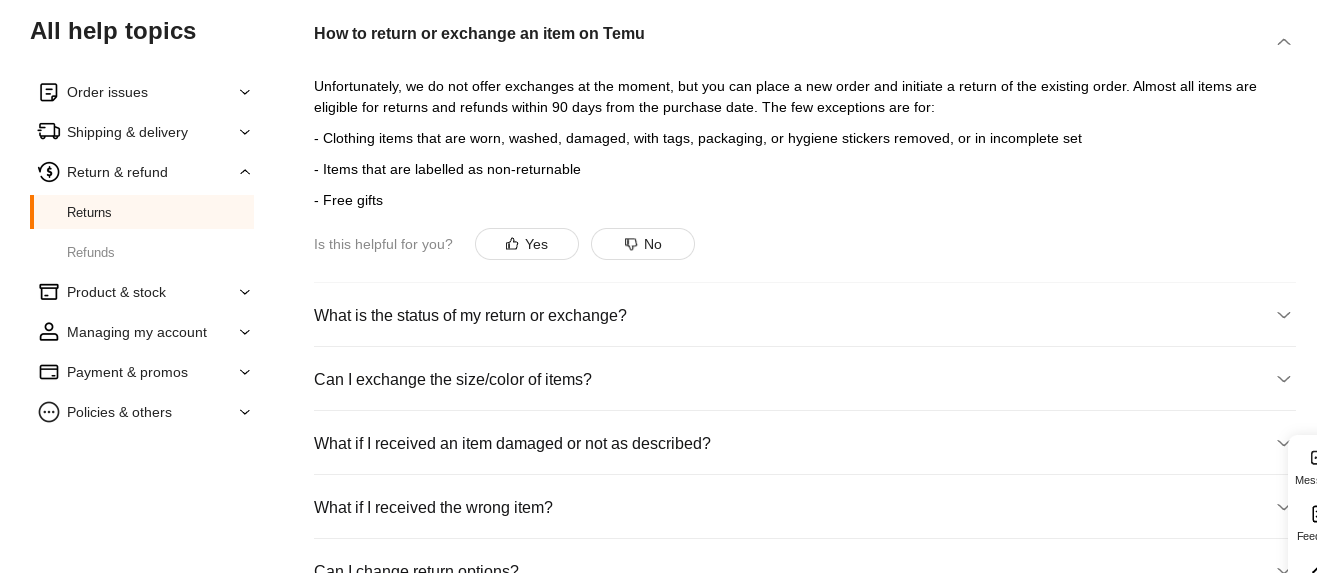Customers need the knowledge at their fingertips, especially in the fast-paced and highly competitive e-commerce industry. The right information could be the difference between a sale and cart abandonment – the fine line between customer churn and retention.
One of the prime reasons you’ll want to invest in Knowledge Management in e-commerce is to enhance the quality of your customer support. Even though customers are online, they still need the very best care to persuade them to convert rather than abandon your site.
It’s no good to acquire customers only to lose them due to inadequate Knowledge Management.
Providing information about products, timely information about service delivery, targeting product marketing, and ensuring customers are kept updated about their order status are just a few of the ways that KM can be implemented in the e-commerce industry.
Overview of Knowledge Management
According to Tom Davenport, 1994:
“Knowledge Management is the process of capturing, distributing, and effectively using knowledge.”
This is KM’s original definition; a lot has remained the same. You may be surprised to hear that e-commerce businesses can benefit from Knowledge Management. Still, any organization that better manages its resources is in a stronger position to succeed.
Knowledge can be about customers, about products, or about the organization itself. When you take charge of your knowledge, you treat it as a valuable asset in the same way you would your human resources or your intellectual property.
There are three main types of knowledge that you will come across in Knowledge Management:
Tacit knowledge
Tacit knowledge is the knowledge that is embedded in your employees’ heads, such as the best way to approach an upset customer. It may be hard to quantify and share, but it is bound up in the skills and experiences of your most knowledgeable team members.
Explicit knowledge
Explicit knowledge can be easily codified and communicated, such as the data concerning the exact number of sunglasses your customers buy within a given period. This knowledge is relatively easy to interpret or share and usually concerns data or text within the organization.
Implicit knowledge
Implicit knowledge is similar to tacit knowledge except that it is more easily codified – it concerns the nature of an organization’s processes and has yet to be made explicit. Implicit knowledge is made up of information that employees already know but haven’t fully articulated in a way to makes it worthwhile.
Benefits of Knowledge Management in the E-commerce Industry
Customers buy products for many reasons, primarily for a delightful customer experience. The benefit of Knowledge Management is to improve CX in many ways, from enhancing the support quality to reducing operational costs, which can result in the budget being reinvested back into the customer.
Enhanced Customer Support
When you have more profound insight into customer behavior, needs, and wants, this results in enhanced customer support because you are better able to provide customers with the experiences they are looking for. You can offer support across the customer’s preferred channels and access personal information about the customer, which results in personalized support.
Improved Product Knowledge
Knowledge Management helps you improve product knowledge both within your team and among your customer base. If customers inquire about the best type of running shoe, your representatives have access to the relevant expertise to provide a coherent, insightful, and helpful answer.
Also, Check out our article on Product Knowledge Training
Reduced Operational Costs
When you’re not making the same mistakes repeatedly because you have some record of past decisions, this can reduce operational costs and allow you to reinvest back into the customer experience. Knowledge Management enables you to stop wasting money on initiatives that won’t work and refocuses your attention on those winning strategies that convert more customers.
Increased Customer Base and Retention Rate
Customers who feel cared about and understood by your business are more likely to be retained over time. It’s critical to store customer knowledge and make it easily accessible by those team members responsible for making decisions that impact the customer experience.
Improved Efficiency in E-Commerce Platforms and Systems
Removing redundancies from your e-commerce business improves efficiency among your platforms and systems. When you use your knowledge better, these systems are operating at total capacity since they provide you with essential insight into customers and the products they are buying.
Schedule a demo with one of our experts to take a deeper dive into Document360
Book A Demo
Challenges of Implementing Knowledge Management in the E-commerce Industry
Although there are numerous benefits to using Knowledge Management principles in the e-commerce industry, there are also some challenges you might struggle to overcome.
Data Complexity and Volume
As online businesses, the sheer complexity and volume of data within the e-commerce industry may result in a struggle to obtain useful insights. You certainly know a lot about your customers, but what are the most important areas to focus on? You need dedicated experts to manage your data and help you turn it into knowledge.
Information Silos
Teams within your company may work within their silos and fail to share knowledge adequately across the organization. One knowledge project in an area of your organization may be duplicated by unsuspecting team members, which is a terrible waste of resources.
Knowledge Capture and Documentation
The knowledge may exist within your organization, but it’s hard to capture and document, maybe because no one knows whose responsibility it is. Knowledge slips through your fingers, and valuable opportunities to gain insight into your customers are lost because expertise isn’t documented. Proper application of KM principles has not occurred in your e-commerce business.
Change Management and Adoption
It may be hard for your team members to adapt to new ways of working as they need help implementing Knowledge Management principles into their daily practice. Taking time out to document their knowledge is something that employees may find hard at first because they only reap the benefits in the long term.
Technology Infrastructure
With the right technologies to implement your change management, Knowledge Management in your e-commerce business will succeed. For example, organizations can benefit from a dedicated knowledge base tool to help them capture and share their knowledge among their internal team or external customers, with the ability to control access dependent on the audience.
Use Cases of Knowledge Management in E-commerce
Here are some common use cases of Knowledge Management in the e-commerce industry.
1. Customer Support and Self-Service
As we’ve already mentioned, Knowledge Management can be very valuable in customer support for e-commerce businesses. KM allows you to provide tailored experiences for customers, even using automated self-service materials to help customers without the intervention of a human agent.
Documenting product knowledge lets you offer customers a self-service knowledge base that answers all their questions, including inquiries about important topics such as deliveries or returns.
Also, Check out our article on Product knowledge in Customer service
2. Product Information Management
Customers browsing your e-commerce site want to know as much as possible about the different products you have available. Making this knowledge accessible and explicit wins you more customers as customers don’t have to contact your team to learn more about particular products.
Giving your team internal access to even more detailed information about products is also important so they can become experts in your inventory. Enthusiastic and knowledgeable employees are key to great customer support experiences.
3. Employee Onboarding and Training
When you document your knowledge, new employees can be onboarded and trained more effectively. Knowledge about customers, processes, products, and more can be easily shared when employees have access to an internal knowledge base. Employees are more productive overall when they can find the answers they seek.
Policies and procedures that are documented mean that new hires can get up to speed much more quickly, assured that they are following the organization’s ways of working. Customers benefit from a more consistent experience when employees work from the same playbook.
4. Marketing and Personalization
Targeting products for your customers becomes much easier when you use Knowledge Management. Customers’ browsing and buying history can be used to inform marketing strategies and tailor deals that could incentivize them to buy since not all customers are quite the same.
By using customer profiling, you can increase the chances that your message will reach its intended target. You can offer customers discounts on related products to increase the share of wallet and therefore boost overall revenue. Better marketing campaigns decrease marketing costs and improve ROI for your strategy.
5. Inventory and Supply Chain Management
Knowledge Management means keeping track of the trends in your customers’ buying habits and, therefore, better managing inventory. You can ensure that you are less likely to run out of stock when you know customers are buying more barbecues for the summer months, for example.
Equally, you don’t want to overstock items that will have low uptake during certain periods. Making good use of your available inventory is key to running a successful e-commerce business, and ensuring that you can adequately serve your customers with the products they want to buy.
6. Competitive Intelligence and Market Research
Using your knowledge about your competitors and the state of the market will help you stay ahead of the curve. Knowing what your competitors are doing well will enable you to outcompete and offer customers a superior experience through budget-friendly prices or a more comprehensive range of products.
Differentiating your brand is critical to Knowledge Management since you can implement this knowledge throughout your organization. Stimulating fresh ideas is also more possible when employees have access to the latest research, helping you build upon past successes to attract more customers to your brand.
Also read: Guide to Leveraging Customer Knowledge Management for Business Growth
Realtime Examples of Knowledge Management in E-commerce
You can take inspiration from these examples of Knowledge Management in e-commerce companies.
Koorong

First, take a look at Koorong’s help pages, which is an e-commerce brand selling Bible and Christian-related products in Australia. They are also a Document360 customer, and they have used our very own knowledge base software to create this help site serving their customers. Koorong has created content relating to deliveries, ordering, and customer accounts, as well as pricing policy and about pages.

If you dig a little deeper, you can find Koorong’s articles and obtain detailed information on any customer-related aspect of their e-commerce business. Page layouts are clear and concise, while colors are used to draw attention to different elements of the page. The date of the article update is included, as well as the length of time to read the content.
Shein
Shein is another e-commerce brand that sells modestly-priced fashion for women and men. Naturally, customers ordering their products are likely to have questions so Shein provides a help center to supply answers.

There is a clean layout to the page, information is laid out in a clear table, and customers are never far away from returning to Shein’s e-commerce store. Shein knows that customers want information directly relating to their order, and avoids distracting customers with their help center.
Temu
Temu is a lifestyle e-commerce company that supplies affordable items to customers all around the world. Their Knowledge Management system is straight to the point and enables customers to track existing orders.

Temu offers bitesize help topics to enable customers to troubleshoot common questions themselves. Individual articles can be rated by customers depending on how helpful it has been.

Wrap Up
E-commerce companies using Knowledge Management practices will outshine their competitors and deliver a superior customer experience. Documenting your knowledge means you will gain more insight into your customers, offering the right products at the right time.
Your knowledge is an asset that your company should capture for the future, or you will lose out on vital learning experiences. Customers expect your company to know what it is doing and also for your customer service reps to be well-prepared.
Knowledge base software like Document360 means you can easily keep your company’s knowledge in one place and access it exactly when you need it. Documenting your existing knowledge is the first step towards gaining insights that are actionable and driving revenue for your business.
Also, Check out our article on Knowledge management in oil and gas industry
Schedule a demo with one of our experts to take a deeper dive into Document360
Book A Demo





 –
– 

